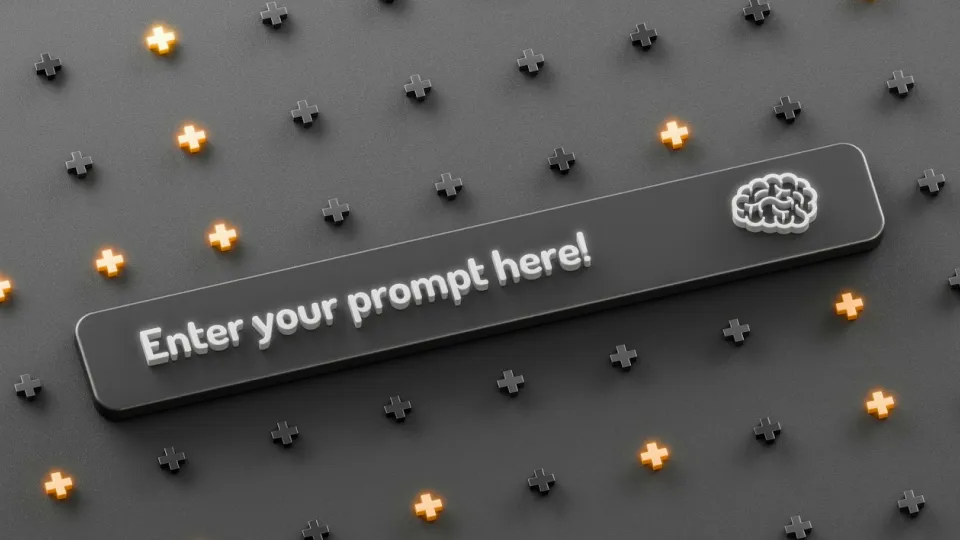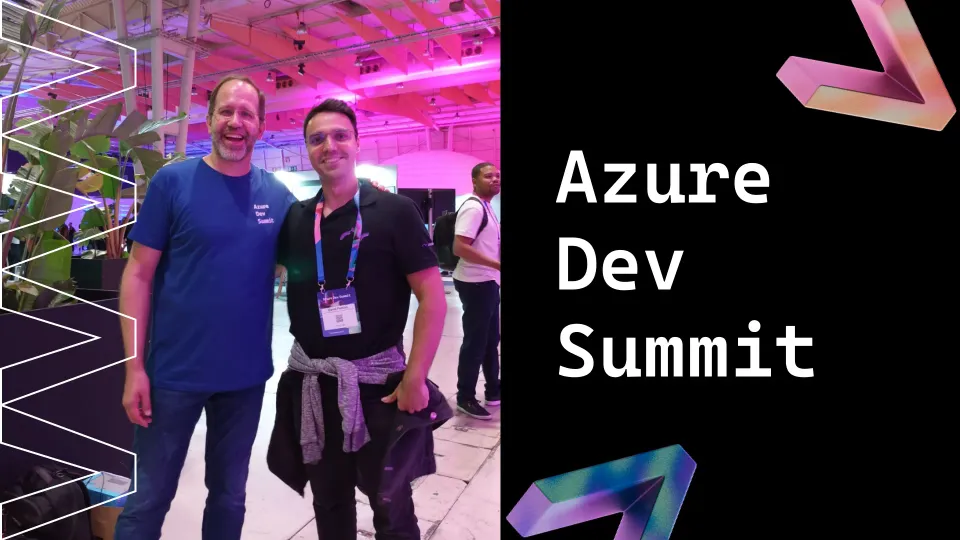Are we really losing traffic because of ChatGPT and Gemini?
In recent months, there’s been a lot of talk about the drop in organic traffic. Some point to HubSpot data showing significant declines; others highlight the explosion of users on ChatGPT, Claude, Gemini and other AI tools. Analyses declaring the end of SEO as we know it are also multiplying.
I don’t share this alarmist view. I don’t want to believe we’re “losing” visitors just because tools like Google now deliver instant answers in the preview. That feels far too simplistic. I’d rather reflect on what this so-called “loss” of traffic really means. Are we truly losing visitors, or is the problem in how we’ve been creating content?
I don’t want to fall into the trap of being cast as passive spectators of an inevitable change. The tougher question is this: maybe the problem lies less in the tools and more in us.
I see this moment not as the end of something, but as another shift in the buying journey, the beginning of something new. A mutation.
I admit I’ve also been impacted by the drop in traffic and rising paid media costs. Still, my inner dialogue is straightforward: if my audience stopped clicking on my content because they found everything they needed in a short answer, maybe the issue isn’t AI, but the lack of depth in what I’m offering.
Let’s think about this. When we talk about zero-click searches, where the user gets a full answer without visiting the site, we’re almost always dealing with very basic queries:
“What’s the best time to post on Instagram?”
“How do you calculate ROI?”
“What is Microsoft CSP?”
If we look at this through the lens of Google’s “Messy Middle” concept, we see that people move non-linearly between two poles: exploration (opening up their options) and evaluation (narrowing them down through comparisons and decision criteria).
The Messy Middle shows us that buying decisions don’t happen in a straight line, but in loops, with users consuming different layers of information, from quick and shallow to deep and comparative.
What’s happening now is that AI is taking over that initial part of the process. Zero-click results don’t wipe out the whole journey; they capture only the quick, generic answers that fuel the start of exploration, the ones that fit in a few lines.
But as the user moves deeper into the Messy Middle, especially in B2B contexts, what determines whether they move forward with us isn’t an instant AI answer but our ability to provide depth, clarity and authority.
When we talk about the exploration phase in B2B—someone trying to evaluate software, understand investment risks, compare business models or make complex decisions—that person won’t be satisfied with a two-line answer. At that stage, they need depth, context, narratives and real scenarios.
This is exactly where many content strategies miss the mark. If your strategy can be summed up in a short preview answer in Gemini, then maybe it’s not meeting the user’s real needs.
If AI can “steal” your click, it may mean your content stayed at the surface level or relied too heavily on that type of traffic. It’s time to go deeper. Surface-level content doesn’t educate, doesn’t build trust and certainly doesn’t convert.
That’s why I prefer to see this shift differently:
Quick queries (basic info, simple questions) will increasingly stay within the AI layer.
Real exploration (vendor evaluation, risk analysis, ROI, decision scenarios, case studies) will still require the depth, authority and structure that only well-crafted content can provide.
If you’re losing traffic because AI gave in one line what you were offering, maybe it’s not the moment to mourn the zero-click. Maybe it’s the moment to ask if your content really had enough depth to provide value beyond the obvious.
In the end, the competition isn’t against ChatGPT or Gemini. The competition is against our own ability to create something that goes beyond the “preview” and accompanies the user through multiple stages of the journey—especially within that Messy Middle where real decisions take place.
AI may have changed the rules of the game, but it hasn’t changed the fundamentals: shallow content has always been disposable. The difference now is that we have a mirror reflecting this more clearly.
This article was translated and adapted, and was originally published, in portuguese, on Marketeer/Sapo on September 12, 2025.


